Robbers Ray Biddle and his brother are shot and taken to the local hospital. There, the two are treated by Dr. Brooks, the hospital’s only black doctor. The brothers assault […]

Robbers Ray Biddle and his brother are shot and taken to the local hospital. There, the two are treated by Dr. Brooks, the hospital’s only black doctor. The brothers assault […]
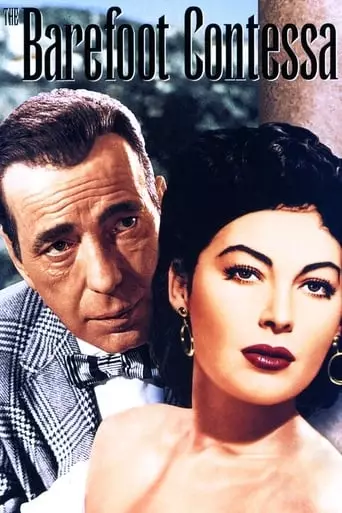
Has-been director Harry Dawes gets a new lease on his career when independently wealthy Kirk Edwards hires him to write and direct a film. They go to Madrid to find […]
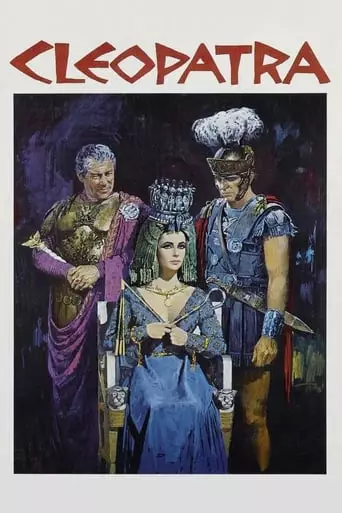
Determined to hold on to the throne, Cleopatra seduces the Roman emperor Julius Caesar. When Caesar is murdered, she redirects her attentions to his general, Marc Antony, who vows to […]
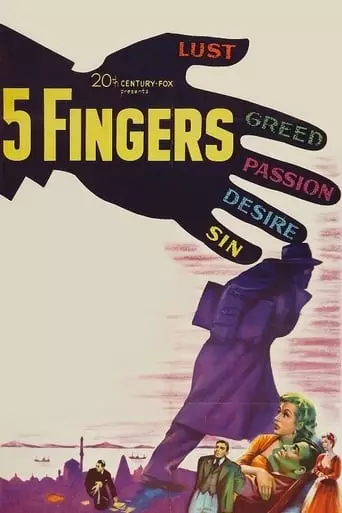
During WWII, the valet to the British Ambassador to Ankara sells British secrets to the Germans while trying to romance a refugee Polish countess.
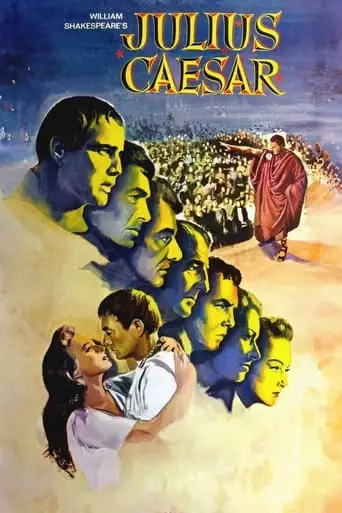
The assassination of the would be ruler of Rome at the hands of Brutus and company has tragic consequences for the idealist and the republic.

The only son of wealthy widow Violet Venable dies while on vacation with his cousin Catherine. What the girl saw was so horrible that she went insane; now Mrs. Venable […]
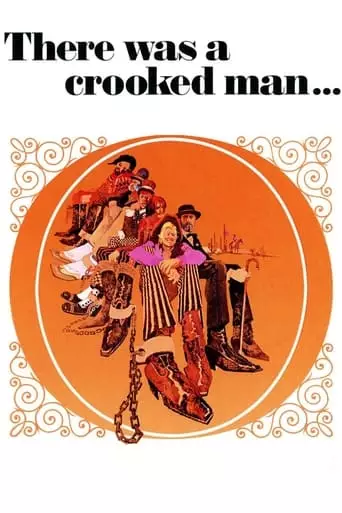
Arizona Territorial Prison inmate Paris Pitman, Jr. is a schemer, a charmer, and quite popular among his fellow convicts — especially with $500,000 in stolen loot hidden away and a […]
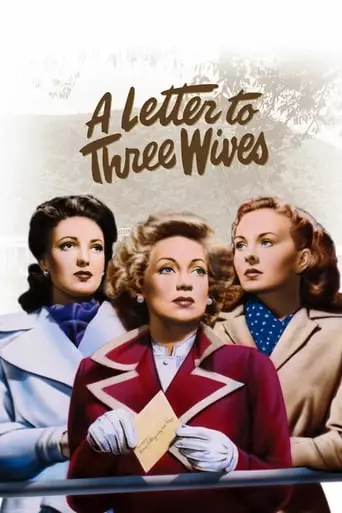
A letter is addressed to three wives from their “best friend” Addie Ross, announcing that she is running away with one of their husbands – but she does not say […]
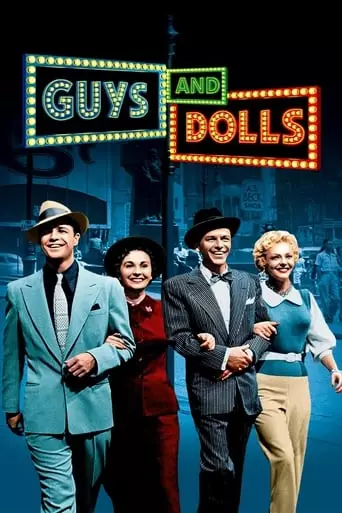
Gambler Nathan Detroit has few options for the location of his big craps game. Needing $1,000 to pay a garage owner to host the game, Nathan bets Sky Masterson that […]
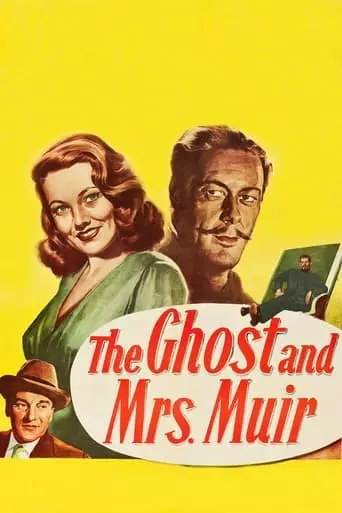
A young British widow rents a seaside cottage and soon becomes haunted by the ghost of its former owner.
Joseph L. Mankiewicz: The Maestro of Sophisticated Storytelling
Joseph L. Mankiewicz was one of Hollywood’s most celebrated directors, screenwriters, and producers, known for his sharp wit, elegant dialogue, and nuanced character studies. Over a career that spanned nearly five decades, Mankiewicz earned acclaim for films like All About Eve (1950), A Letter to Three Wives (1949), and The Barefoot Contessa (1954). Renowned for his ability to blend intelligent scripts with compelling performances, he left an indelible mark on classic Hollywood cinema.
Early Life and Career
Born on February 11, 1909, in Wilkes-Barre, Pennsylvania, Joseph Leo Mankiewicz grew up in a family steeped in intellectual and creative pursuits. His older brother, Herman J. Mankiewicz, would go on to co-write Citizen Kane (1941), and the siblings shared a fierce intellect and a deep love for storytelling.
Mankiewicz attended Columbia University, where his passion for writing and literature flourished. After graduating, he moved to Hollywood in the early 1930s, beginning his career as a writer and translator of intertitles for foreign films at Paramount Pictures. By the mid-1930s, he transitioned to screenwriting, contributing to scripts such as Manhattan Melodrama (1934), which helped solidify his reputation as a skilled storyteller.
Rise to Prominence
Mankiewicz’s career gained momentum in the 1940s when he became a producer at MGM, overseeing critically acclaimed films such as The Philadelphia Story (1940) and Woman of the Year (1942). However, his true passion lay in writing and directing, and in 1946, he left MGM to pursue these ambitions at 20th Century Fox.
His directorial debut came with Dragonwyck (1946), a gothic drama starring Gene Tierney and Vincent Price. The film demonstrated Mankiewicz’s talent for creating atmospheric tension and psychological complexity, setting the stage for his illustrious directing career.
Hallmarks of Mankiewicz’s Directorial Style
Sophisticated Dialogue
Mankiewicz’s scripts are celebrated for their wit, elegance, and insight into human behavior. His ability to craft sharp, literate dialogue earned him a reputation as one of the finest screenwriters of his era.
Complex Characters
Mankiewicz’s films often delve into the complexities of human relationships, exploring themes of ambition, jealousy, love, and betrayal. His characters, from scheming social climbers to disillusioned romantics, are vividly drawn and deeply compelling.
Narrative Innovation
Mankiewicz frequently experimented with narrative structure, using techniques like flashbacks, multiple perspectives, and voiceovers to enrich his storytelling.
Landmark Films
A Letter to Three Wives (1949)
This clever and poignant drama follows three women who receive a letter from a mutual acquaintance, informing them that she has run off with one of their husbands. The film’s innovative structure, sharp dialogue, and emotional depth earned Mankiewicz Academy Awards for Best Director and Best Screenplay.
All About Eve (1950)
Widely regarded as Mankiewicz’s masterpiece, All About Eve is a biting exploration of ambition and betrayal in the theater world. Featuring a career-defining performance by Bette Davis as aging star Margo Channing and an unforgettable turn by Anne Baxter as the scheming Eve Harrington, the film is a triumph of storytelling and ensemble acting. It received a record 14 Academy Award nominations, winning six, including Best Picture, Best Director, and Best Screenplay.
The Barefoot Contessa (1954)
Starring Humphrey Bogart and Ava Gardner, this lush drama examines the rise and fall of a Hollywood star. A meditation on fame, idealism, and disillusionment, the film showcases Mankiewicz’s gift for blending glamour with incisive commentary on the human condition.
Julius Caesar (1953)
Mankiewicz brought Shakespeare’s classic tragedy to the screen with a stellar cast that included Marlon Brando, James Mason, and John Gielgud. The film’s intelligent adaptation and powerful performances earned critical acclaim and highlighted Mankiewicz’s versatility as a filmmaker.
Later Career and Challenges
While Mankiewicz’s early work was widely celebrated, his later career was marked by mixed success. Cleopatra (1963), a lavish historical epic starring Elizabeth Taylor and Richard Burton, became infamous for its troubled production and astronomical budget. Though the film was a financial success, its reception was lukewarm, and the experience left Mankiewicz disillusioned with Hollywood.
Despite these challenges, Mankiewicz continued to direct and write, with notable films such as The Honey Pot (1967) and Sleuth (1972), the latter earning critical acclaim for its clever script and performances by Laurence Olivier and Michael Caine.
Legacy
Joseph L. Mankiewicz’s contributions to cinema remain unparalleled. His unique blend of sharp wit, narrative innovation, and emotional depth set him apart as one of the most sophisticated storytellers of his time. He remains one of only a handful of filmmakers to win back-to-back Oscars for Best Director and Best Screenplay, a testament to his extraordinary talent.
His work continues to influence generations of filmmakers, and films like All About Eve and A Letter to Three Wives are regarded as classics of American cinema. Mankiewicz’s ability to illuminate the complexities of human nature with intelligence and grace ensures his enduring legacy in the world of film.
Conclusion
Joseph L. Mankiewicz’s career exemplifies the art of storytelling at its finest. Through his elegant scripts, richly drawn characters, and innovative narratives, he elevated the art of filmmaking, creating works that remain as compelling today as when they first premiered. His legacy as a master of dialogue and nuanced storytelling is one of Hollywood’s most enduring achievements.